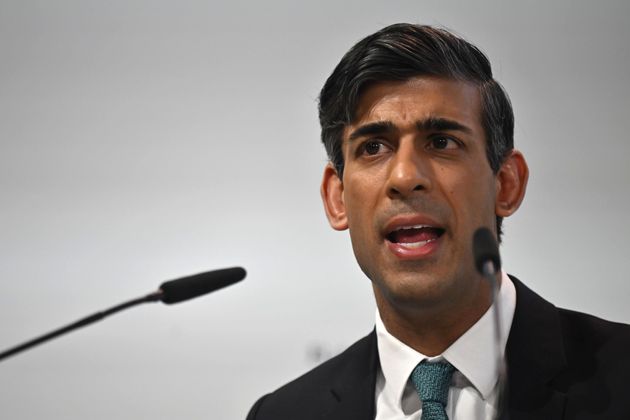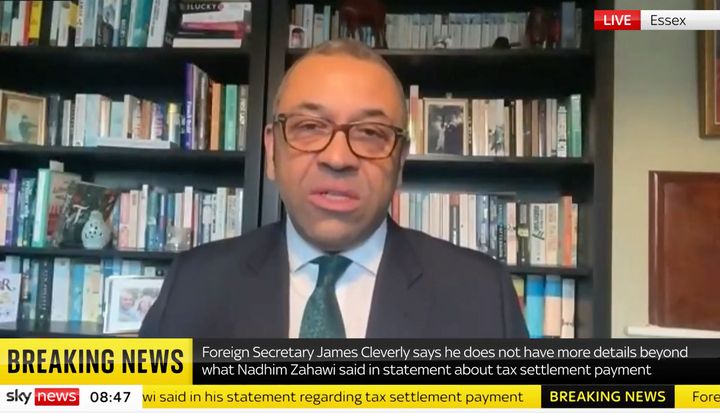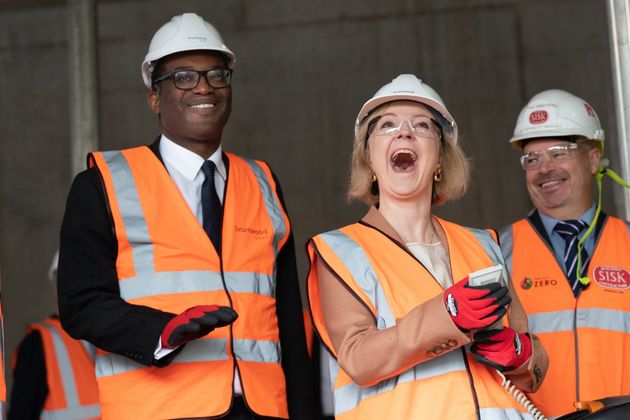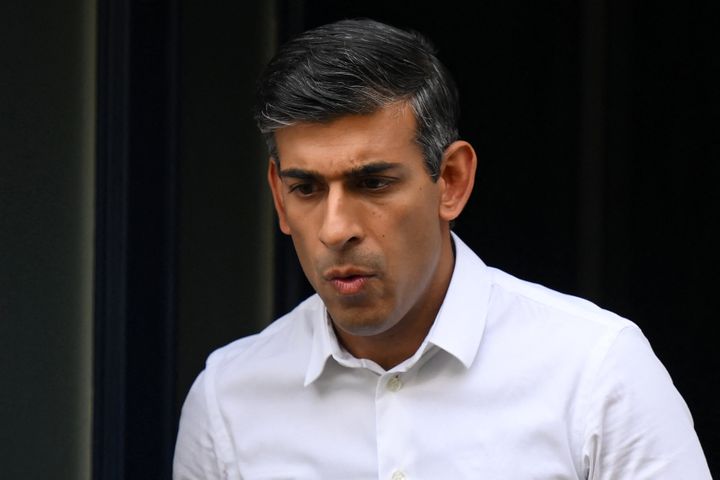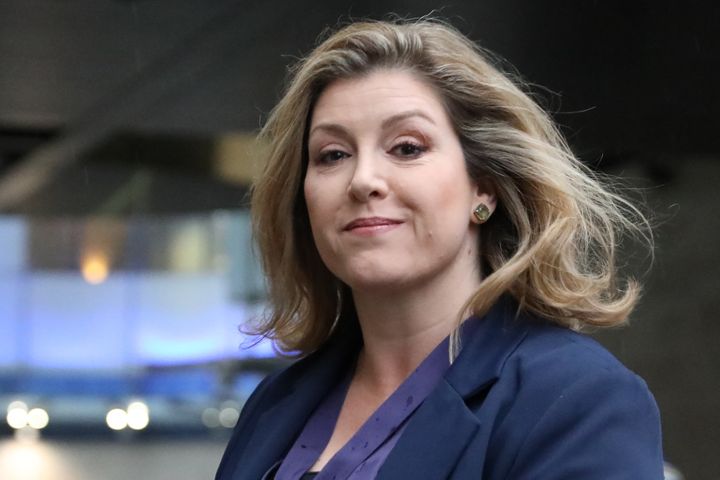
Rishi Sunak’s move to ignore human rights judges on migrant deportations has been slammed as “shockingly cruel”.
The prime minister has reportedly caved to Tory rebels and agreed to amend his controversial Illegal Migration Bill so ministers can ignore European judges.
Advertisement
Conservative backbenchers said they reached a deal with Sunak to change new rules to remove migrants arriving on small boats after threatening to revolt over the legislation.
However, the move has sparked a fierce backlash from experts who say it will undermine the rule of law.
Human rights group Liberty described the move as “pathetic political chess playing”, adding: “This shockingly cruel and shameful move will allow the government to knowingly commit human rights abuses and put people in harm’s way.
“A new low, even by the standards of this government for whom lows come thick and fast.
“Reported edits to the government’s Migration Bill will allow ministers to ignore ‘interim measures’ from the European Court of Human Rights that ground deportation flight.
Advertisement
“The court only makes these measures to urgently protect people from irreversible harm – like torture or death.
“Protecting people isn’t controversial. This is the government knowingly putting people’s lives at risk for cheap political points.”
Among the measures reportedly agreed is a plan to give the home secretary powers to disregard injunctions from the European Court of Human Rights – so-called Rule 39 orders.
A former Lord Chief Justice and the Law Society of England and Wales have also expressed concern.
Lord Thomas, a cross-bench peer who headed the judiciary between 2013 and 2017, warned that the proposals could face defeat in the Lords, and that such a move would set “an extraordinarily bad example”.
“I think it is a very serious step for the government to be contemplating putting into force,” he told BBC Radio 4’s Today programme.
Advertisement
Defending the principle of the European Court of Human Rights, he said the fact of interim decisions in some cases “does not in any way detract from the importance of a judgment being made by a court”.
“Many people would say having the power to ignore a court order is something – unless the circumstances were quite extraordinary – this is a step a government should never take because it is symbolic of a breach of the rule of law.”
Richard Atkinson, the deputy vice-president of the Law Society of England and Wales, said he was concerned that the UK was heading towards a “clear and serious breach of international law”.
The bill has proved hugely controversial with critics warning it leaves the UK foul of its international obligations and right-wing Tories arguing it does not go far enough.
More moderate Tory MPs want the prime minister to commit to establishing safe routes via which asylum seekers can come to Britain.
Advertisement
The bill is aimed at changing the law to make it clear people arriving in the UK illegally will not be able to remain in the country.
A government spokesperson said: “The prime minister and home secretary are focused on delivering the five priorities for 2023 – halving inflation, growing the economy, reducing debt, cutting waiting lists and stopping the boats.
“While we have been clear there is no silver bullet, our Stop the Boats Bill will ensure anyone arriving illegally will be detained and swiftly removed, ending the unfair practice of people skipping the queue.”






